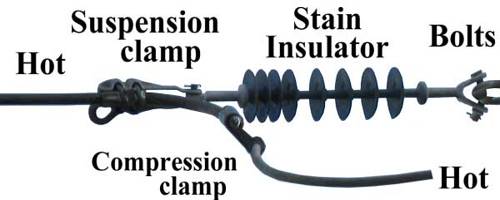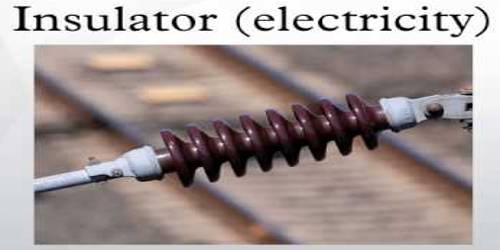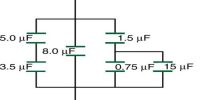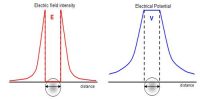An insulator is substances that block or retard the flow of electrical or thermal currents. The particles of the insulator do not permit the free flow of electrons; subsequently, a charge is seldom distributed evenly across the surface of an insulator.

Bodies through which electricity cannot flow are called insulators or non-conductors. That means, electrons cannot flow through non-conductors. Plastic, rubber, wood, glass etc are non-conductors. Specific resistances of these materials are the very high end of the order of 1012 Ω-m. Free electrons do not exist in non-conducting materials. As a result, electricity does not flow in non-conductors. Handles of different electrical instruments are made of rubber and plastic, so the electricians can safely use these instruments in the electric line. Besides, there is insulation on electric wires, so these can safely be used in the houses and other places. In order to take electrons from the valence band to conduction band sufficient energy is needed as energy gap between these two bands is more than 10 eV.














